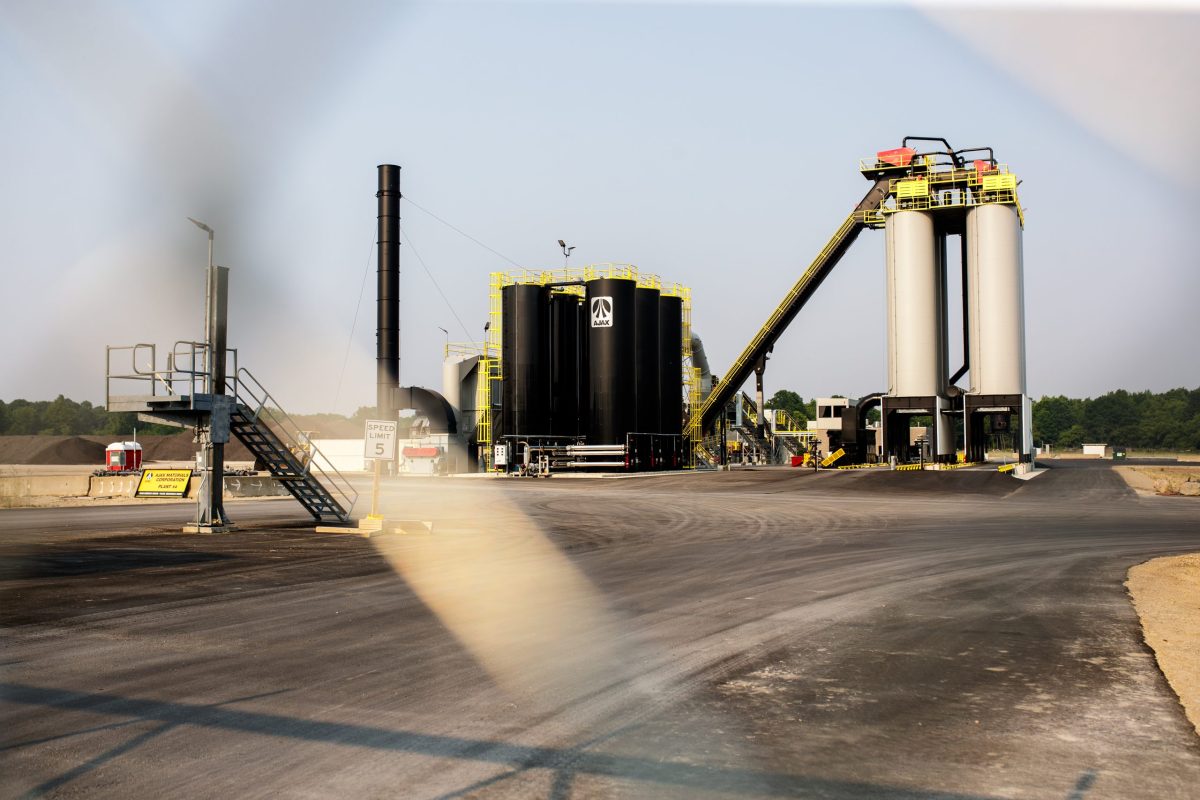States
EPA’s Effort To Combat Environmental Racism Was Thwarted By State Opposition.

EPA’s Effort To Combat Environmental Racism
Systemic racism in the US underlies environmental injustice. For decades, communities of color, especially Blacks, have suffered from health-harming pollution compounded by the climate catastrophe. This imbalance is caused by past racial discrimination, ongoing income discrepancies, and current zoning and permitting processes that increase environmental concerns. The EPA has repeatedly failed to enforce civil rights laws like Title VI of the Civil Rights Act of 1964, resulting in ecological racism and harm to affected communities.
EPA’s Limited Actions And Biden Administration Promises
The Biden administration’s commitment to environmental justice offered optimism for environmental racism reform. Recent EPA actions reflect a failure to use its regulatory authorities to keep states responsible adequately. Despite an increase in Title VI complaints and a quicker pace of investigating them, the settlement agreements lack meaningful pledges to reduce pollution’s impact on communities of color, notably Black neighborhoods. The EPA’s inadequate reaction, which echoes the previous administration’s, raises questions about its commitment to dealing with environmental racism and structural inequalities.
Challenges And Advocacy Of Affected Communities
Environmental racism has traditionally plagued Black areas, which have struggled to secure government backing. Residents and activists have pushed for civil rights enforcement and absolute pollution reduction to improve their health. EPA assistance has been lacking despite their efforts, resulting in environmental and health concerns in their areas. These neighborhoods remain vulnerable and unjust due to the EPA’s lack of comprehensive regulatory measures and state accountability.
Political And Legal Barriers To Environmental Justice
Political and legal issues intensify environmental racism and obstruct ecological justice. Recent conservative attempts to redefine discrimination, requiring proven racial intent, have threatened environmental justice lawsuits. This action might impede attempts to alleviate systemic environmental inequities since it frequently depends on ostensibly neutral choices that result in racial pollution disparities. Communities of color fighting ecological discrimination face extra challenges from such legal fights. In addition, state agencies in red and blue areas have refused to change permitting laws and stop approving projects that pollute primarily Black, Latino, and Indigenous communities, perpetuating environmental injustice.
Read Also: According To Reports, Racism Is Still Prevalent At Disney Parks.
Community Resilience, Grassroots Activism
Communities afflicted by environmental racism have persevered for justice despite structural obstacles. Grassroots organizations and activists have championed community rights and well-being by exposing pollution’s disproportionate effect on vulnerable groups. These organizations have raised awareness, advocated, and launched community-led activities to highlight the critical need for comprehensive regulatory measures and policies that prioritize weak community health and safety. Their dedication to regulatory accountability and participatory decision-making has driven the environmental justice movement.
Comprehensive Policy Reforms Required Now
The continuous issues experienced by communities of color have highlighted the need for substantial legislative changes to overcome environmental racism. Despite the EPA’s recent efforts to emphasize civil rights enforcement and speed Title VI complaint handling, the absence of fundamental reforms in environmental justice case resolution remains an issue. Environmental justice advocates stress the significance of solid regulatory measures that identify pollution’s adverse effects on vulnerable groups and actively try to reduce them. More people want tighter rules, better environmental enforcement, and better pollution monitoring and reduction in communities of color. Without bold policy measures that prioritize vulnerable communities, environmental racism will undoubtedly continue, worsening US health and socioeconomic inequality.
EPA And Government Accountability
Environmental justice and fair pollution protection depend on the Environmental Protection Agency (EPA). The agency’s past failures to enforce civil rights legislation and combat environmental racism have raised questions about its ability to safeguard minority populations. The Biden administration’s increased commitment to environmental justice has been hampered by the EPA’s limited enforcement actions and procedural impediments, which prevent it from holding states responsible for discriminatory ecological policies. The EPA’s regulatory strategy has yet to produce results, highlighting the need for more transparency, accountability, and aggressive action to solve systemic environmental injustices nationwide.
Community And Public Health Impact
Environmental racism has lasting effects on public health and community well-being. Exposure to toxic contaminants and environmental dangers continues to threaten the health of communities of color, especially Black areas. Studies have linked pollution in these neighborhoods to respiratory, cardiovascular, and other health issues. Environmental racism also perpetuates generations of poor health, worsening socioeconomic inequality and restricting long-term well-being. The absence of clean air, safe drinking water, and appropriate healthcare has exacerbated these communities’ problems, emphasizing the need for comprehensive interventions and fair policies that emphasize public health and community resilience.
Intersectional Advocacy And Collaboration
Collaboration and intersectional campaigning that prioritizes minority perspectives and experiences are needed to address environmental racism. Developing comprehensive methods to address the numerous difficulties encountered by communities of color requires intersectional approaches that acknowledge the interconnectedness of racial, socioeconomic, and environmental inequities. Policy formulation and implementation may be more inclusive and participatory by including community leaders, politicians, environmental justice activists, and public health specialists. Collaborative initiatives can promote sustainable, community-driven solutions that ensure the well-being and rights of all, regardless of race or socioeconomic status, through inclusive decision-making and fair representation. Solid partnerships and cross-sectoral cooperation are crucial for communities impacted by environmental racism to create a more equitable future.
The environmental justice movement—championed primarily by Black people, Latines, Asian Americans, Pacific Islanders, and Indigenous People—was born of a statistical fact: Those who live, work, and play in America’s most polluted environments are commonly people of color and those living in poverty. Because of environmental justice advocates, we now know this as environmental racism and it’s precisely what communities of color have been battling for decades.
Environmental justice essentially means that everyone—regardless of race, color, national origin, or income—has the right to the same environmental protections and benefits, as well as meaningful involvement in the policies that shape their communities. But rarely has this been the reality for people of color and those with low incomes. That’s because virtually all environmental injustice is shaped by the same patterns of racism and inequality that have existed in the United States since its founding and continue to influence every facet of our society, from education to housing to health care

-

 States2 weeks ago
States2 weeks agoPearlie Golden 93-Year-Old Black Woman Shot By Texas Cop
-

 States2 weeks ago
States2 weeks agoTragedy Unveils Racial Tensions Tarika Wilson Story
-

 States2 weeks ago
States2 weeks agoLayers Of Racial Tension The Mario Woods Tragedy And San Francisco Path To Justice
-

 States2 weeks ago
States2 weeks agoLynching Of Thomas Shipp Tragedy Of Racism Echoes Through History
-

 States2 weeks ago
States2 weeks agoThe Killing Of Terence Crutcher And The Fight For Racial Justice

















You must be logged in to post a comment Login